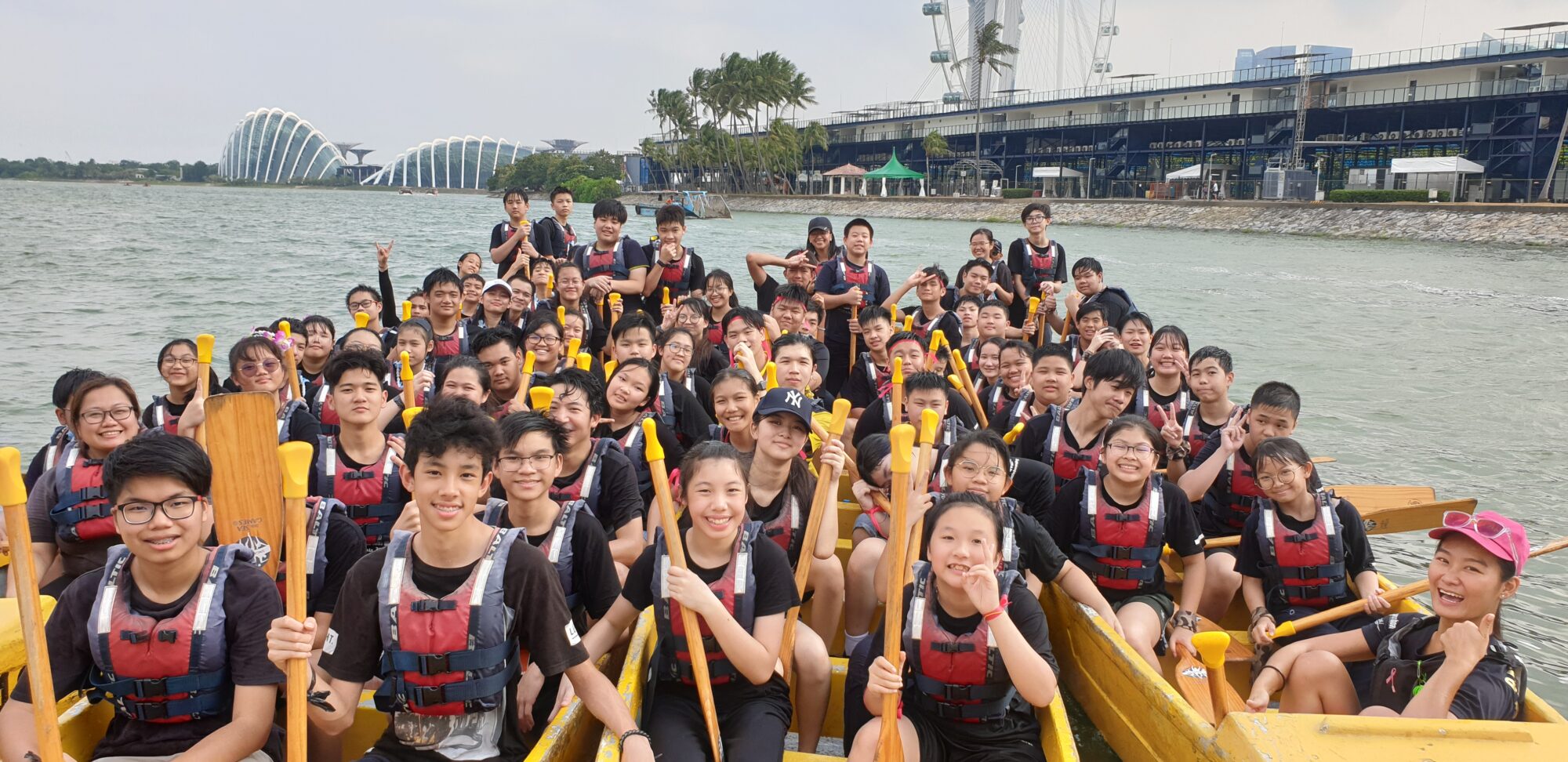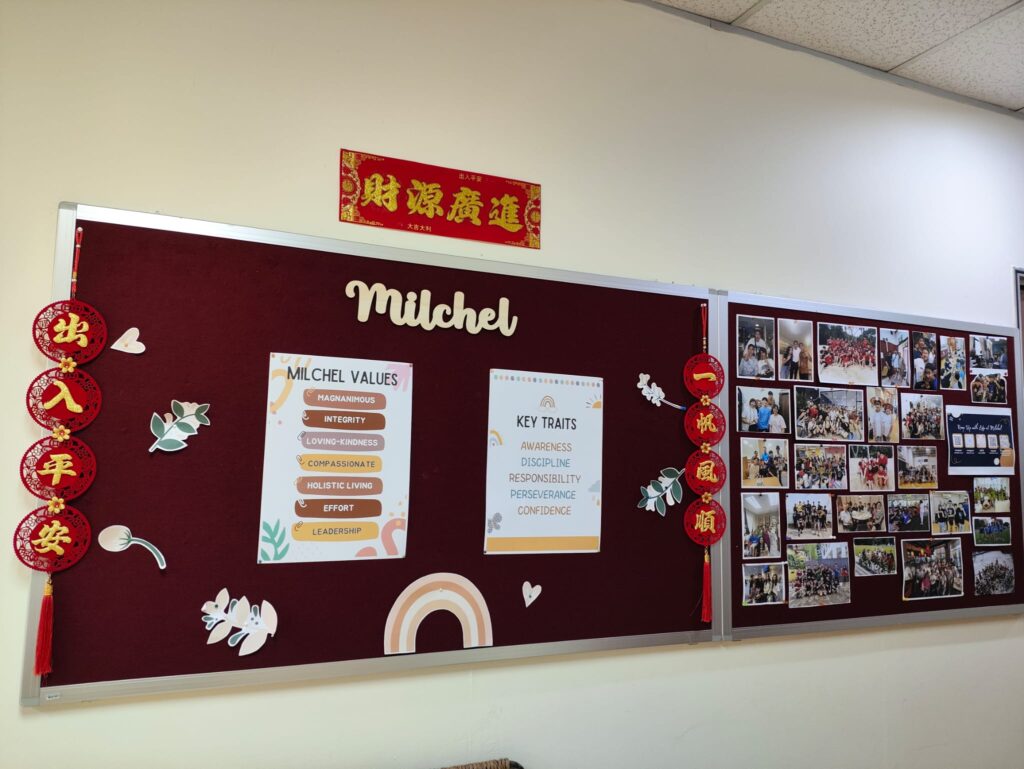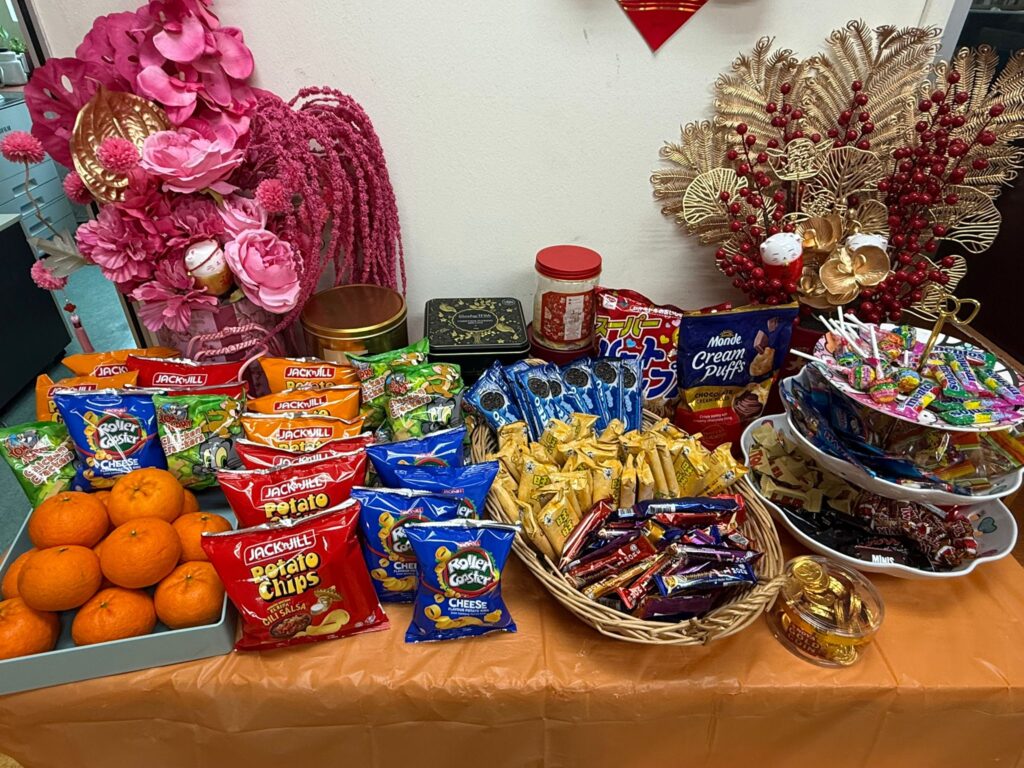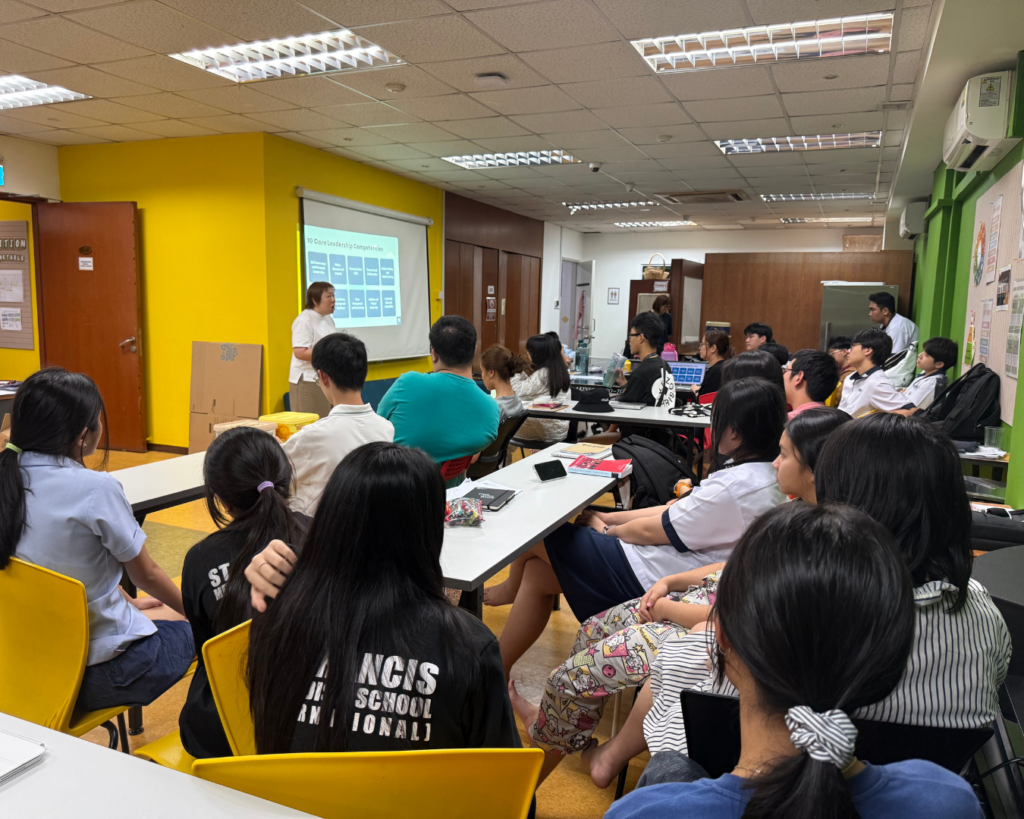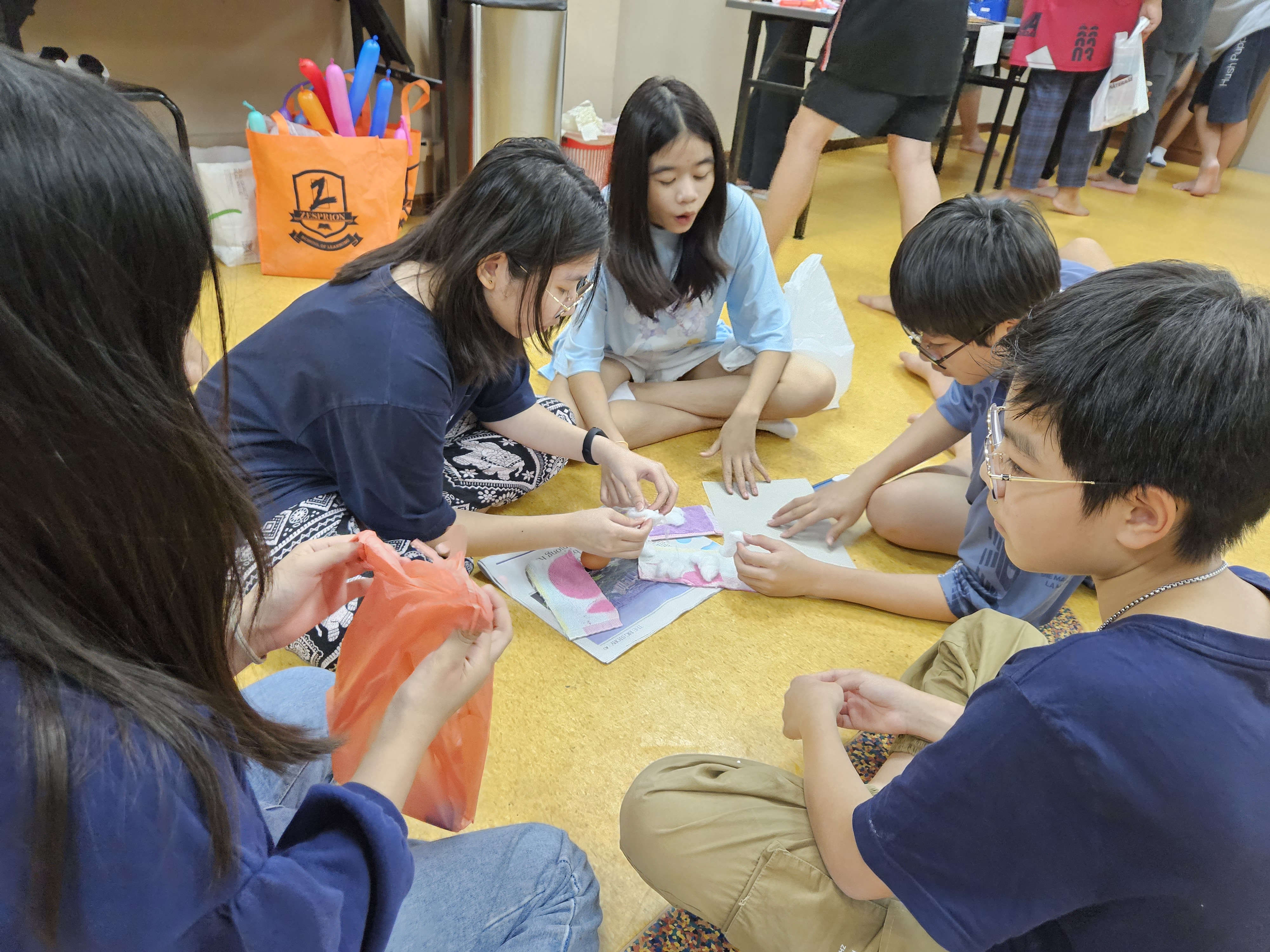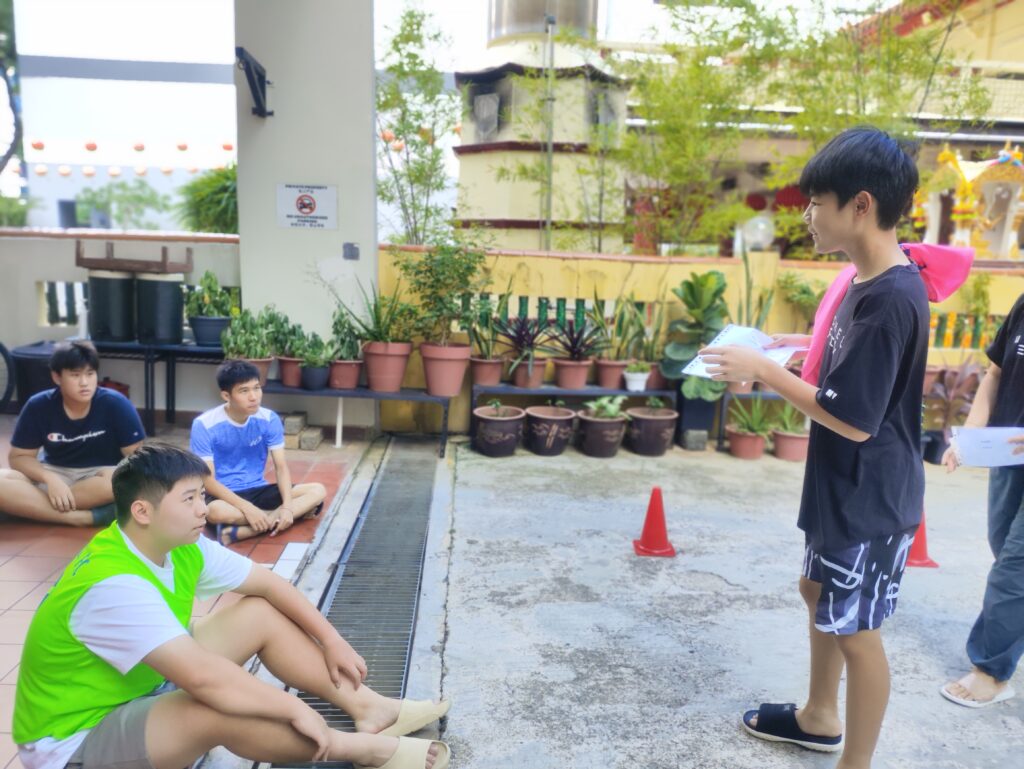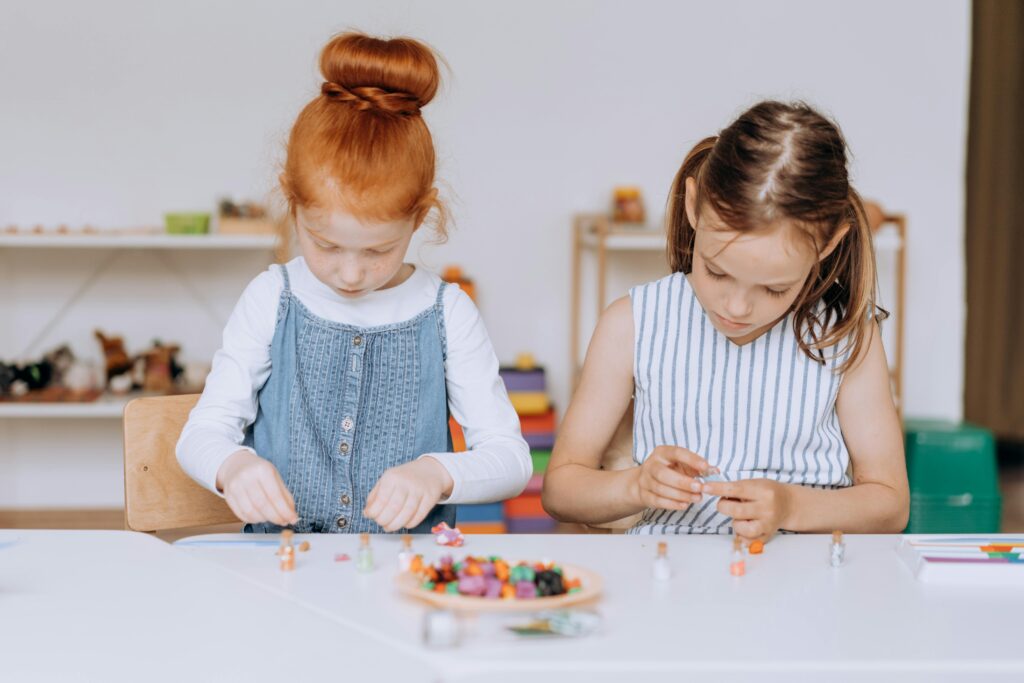Balancing Technology and Character in Today’s World
Technology is now part of almost every area of daily life. Adults rely on it at work. We use it for banking, shopping, entertainment, and transport. Children use technology too. It appears in their games, hobbies, and schoolwork. Technology surrounds them wherever they go. It is always present and easy to access. Because of this, people can get carried away by its fast pace. If adults can be influenced so easily, children face even greater risks. This is why children need strong values and good character. These qualities help keep them safe from the harms of technology.
Building Knowledge and Awareness
First, children need knowledge and awareness. Without it, they cannot use technology with confidence. Adults also need to understand this space. This helps us guide children better. One example is artificial intelligence in education. AI now plays a growing role in learning. Even educators are still learning how to use it well. AI can support learning. It can also weaken learning if misused. This is why adults should explore these tools first. We need to see how children may use them. This includes both good and bad uses. When adults guide them, children learn from trusted sources instead of unreliable ones online.

Setting Clear Values and Boundaries
Second, children need clear rules they must follow. These rules help guide their daily choices. Honesty and integrity must come first. Children can use AI as a learning tool. They should never use it to cheat. Kindness and courtesy also matter online. This applies when children play games or talk to others. Their behaviour online should match their behaviour offline. This is part of being a responsible digital citizen.
Knowing When to Unplug
Third, children must learn when to unplug. Technology is fun and exciting. Many friends and activities exist online. Stepping away can feel difficult. Children may worry about missing out. Still, life continues beyond the screen. Children need confidence to disconnect. They should spend time with friends in person. They should play sports and learn teamwork face to face. These real-life experiences help them grow socially and emotionally.
Guiding with Balance and Care
Technology will continue to shape our children’s world. We cannot remove it. We should not fear it either. Instead, we guide children with balance and care. Knowledge builds awareness. Values give direction. Learning to unplug builds confidence. With the right guidance, children can use technology wisely. They can grow into responsible, grounded, and resilient individuals.
